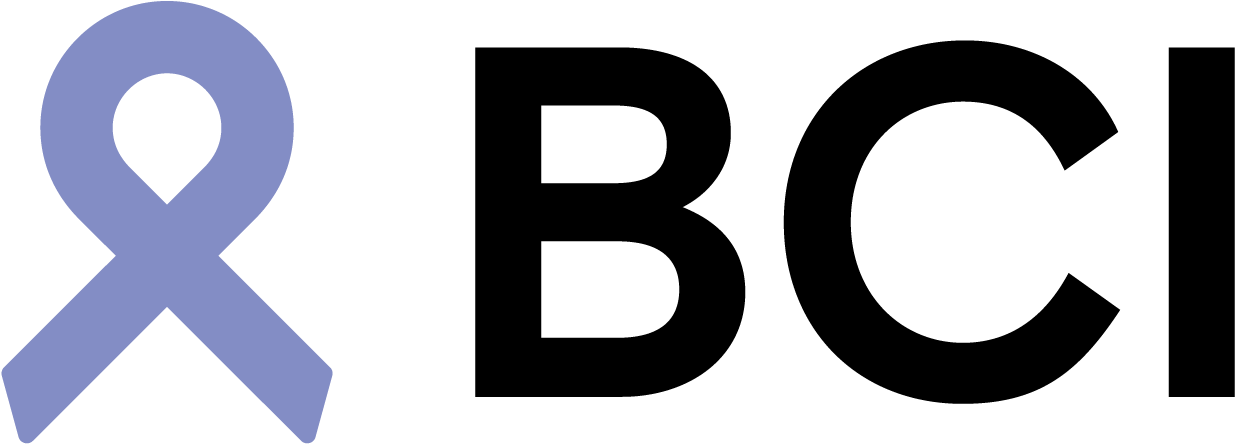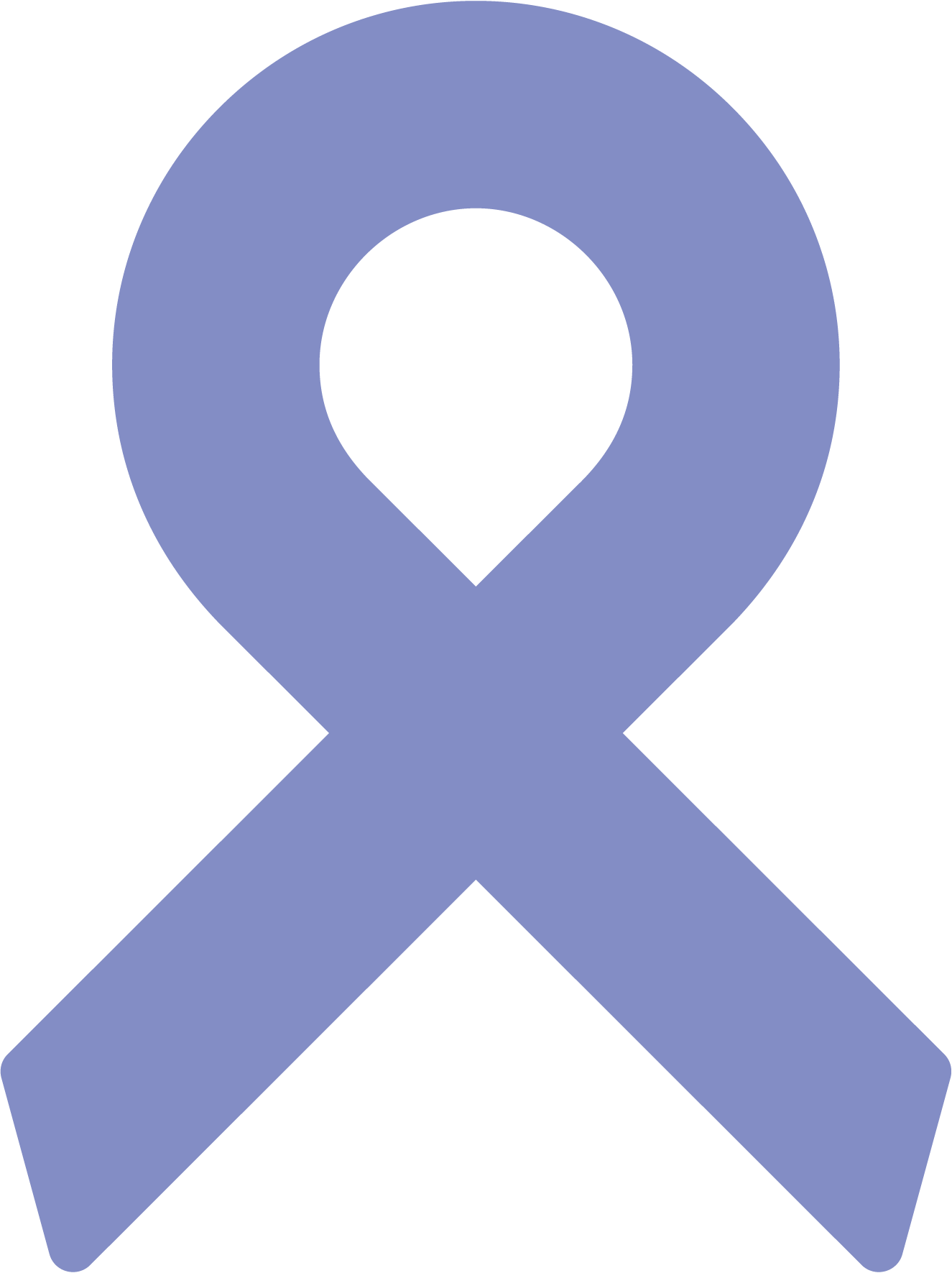- Cancer Information
- Recurring Symptoms
Recurring Symptoms
Recurring Symptoms
Coping with worries about cancer coming back.
Worrying about cancer coming back is very common. When treatment has finished, it is common to worry that every symptom you have is linked to cancer. You will still be getting used to what is now normal for you and having the same aches and pains as most other people. This can make it hard to know what you need to pay attention to.
Your cancer team will be able to tell you about any symptoms to look out for. They will help you to self-monitor yourself in between appointments.
Knowing more can help you manage any worries you may have. Tell your cancer team if you have any new symptoms, or symptoms like those you had when you were diagnosed.
If there is anything you are unsure about, you can also visit your GP. Your GP can check your symptoms and refer you if needed.
If you have been fully discharged by your cancer team, you can contact your GP about any concerns.
It is important to be aware of changes in your body. But constantly checking for symptoms or changes can make you feel anxious. You may do this if you are finding it hard to cope with uncertainty about the cancer coming back. If you find yourself doing this, talk to someone from your cancer team or your primary care team. They can get you the support you need.
You can manage worry and uncertainty in different ways. Try not to worry about things that may never happen. Instead, you might find that focusing on what you can control and do now can help. This could include:
- getting involved in your recovery and focusing on your well-being
- talking about your feelings and getting support
- finding ways of managing anxiety and stress
- knowing what your triggers are
- doing activities, you enjoyed before treatment, or starting new ones
- going back to work.
If you are feeling worried or finding it difficult to cope, talk to your cancer team, GP or practice nurse. They can give you advice on ways to manage anxiety. They can also refer you to any extra support you may need. Some charities also run programmes on helping people with fear of recurrence. If cancer comes back after treatment, it is often possible to treat it again. Treatment can often control the cancer, sometimes for many months or years. Treatment to control the cancer is then referred to as palliative. For some people, treatment may aim to get rid of the cancer again. Your oncologist or nurse will discuss the available treatment options with you.
Macmillan Support Line
The Macmillan Support Line offers confidential support to people living with cancer and their loved ones. If you need to talk, we’ll listen. Call the number below.
Recurring Symptoms
The different symptoms to watch for as mentioned will vary dependent on the original tumour site and also treatments received.
It is always best to seek the advice of your cancer specialist team or GP if you are worried.
These could include the following symptoms, this is not an exhaustive list so the key is get used to your body and seek the advice and guidance of a your cancer team or GP:
- Symptoms that you experienced initially
- Fatigue or extreme tiredness that doesn’t get better with rest
- Weight loss or gain of 10 pounds or more for no known reason
- Eating problems such as not feeling hungry, trouble swallowing, belly pain, or nausea and vomiting
- Swelling or lumps anywhere in the body
- Thickening or lump in the breast or other part of the body
- Lump or area of thickening that can be felt under the skin
- Skin changes, such as yellowing, darkening or redness of the skin, sores that won’t heal, or changes to existing moles


